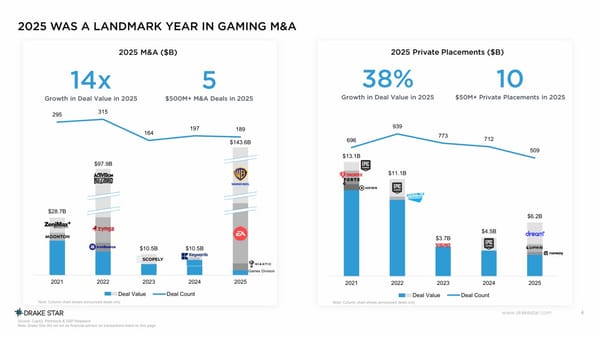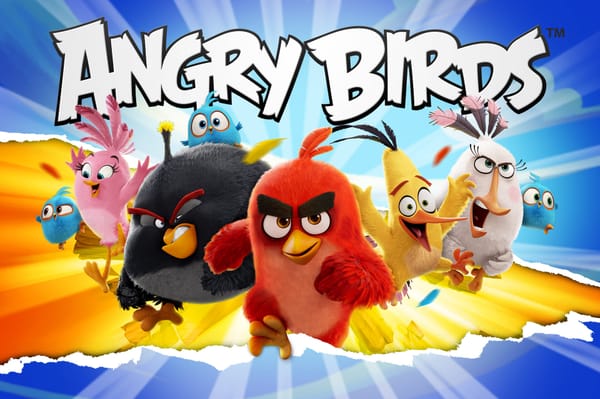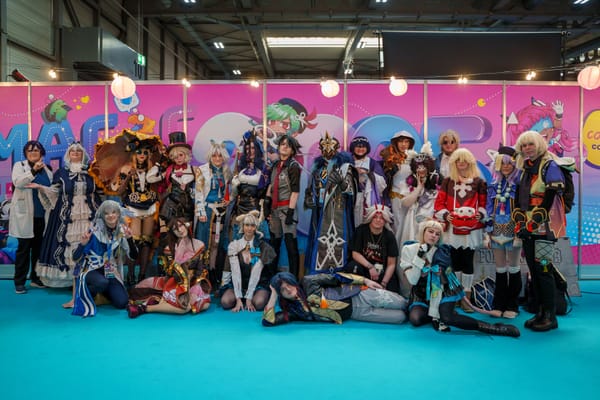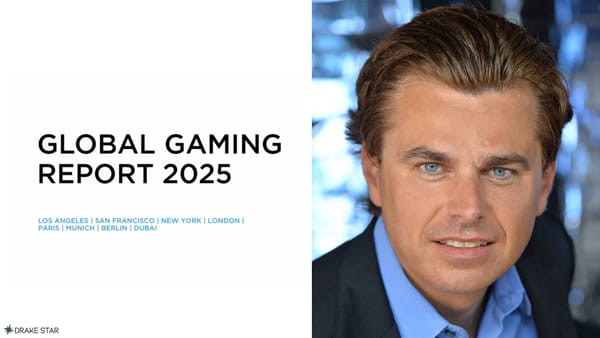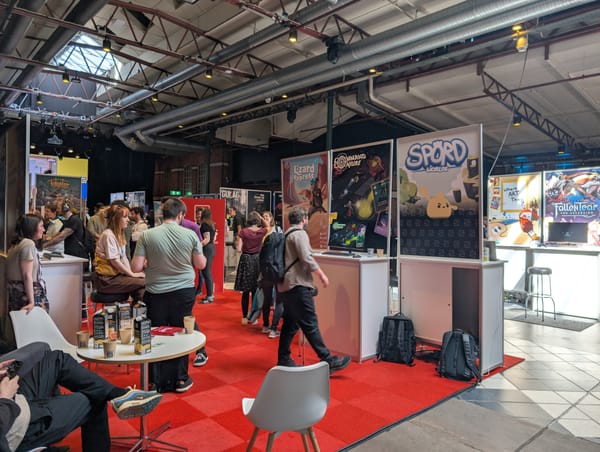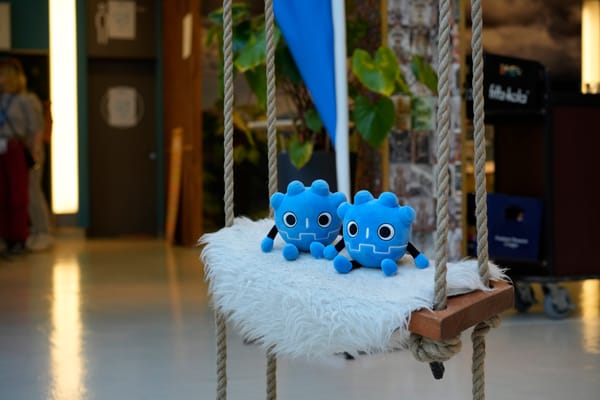Power of Play: Sweden
As part of the Power of Play survey, industry associations also took a close look at the participating countries. GamesMarkt summarizes the results. This time: Sweden.


As part of the Power of Play survey, industry associations also took a close look at the participating countries. GamesMarkt summarizes the results. This time: Sweden.

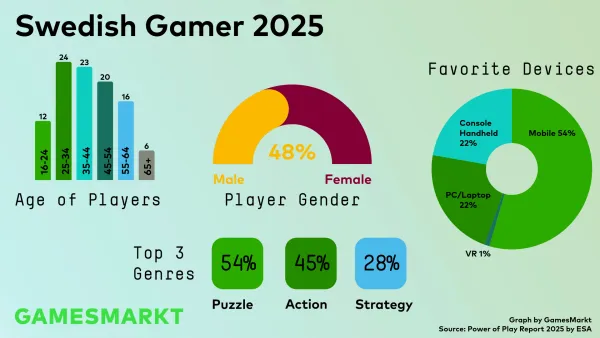
What makes gamers around the world tick, and how do they differ from country to country? These questions and many more are addressed in the Power of Play study, which was conducted and published by industry associations. In addition to global evaluations, the report also compiles the most important answers to essential questions at the level of the 21 countries that participated.
In Sweden, AudienceNet surveyed a total of 1,016 people aged 16 and older. The results differ from the global average in some cases. However, the difference is within limits as you can see at the questions of whether games are a tool for mental resilience.
The influence of games also appears to be less pronounced in professional and private life in Sweden. Only 28% of Swedes surveyed agreed with the statement “Influenced my career and/or educational path in a positive way.” Globally, the figure is 43%. The statement “Allows me to continue or pursue a hobby or interest that I wouldn't otherwise be able to do” was agreed with by 43% of Swedes surveyed, but by 64% of gamers surveyed worldwide.
Other statements from Swedish gamers concern the connection that games create between people. 66% of gamers surveyed in Sweden play online with others at least once a month. 57% even play in-person with others at least once during the same period. 51% use in-game communications. Also interesting: 41 percent of parents say that playing video games has positively impacted their relationship with their kids.
When asked whether gaming can improve skills, Swedes responded similarly to the global average.
